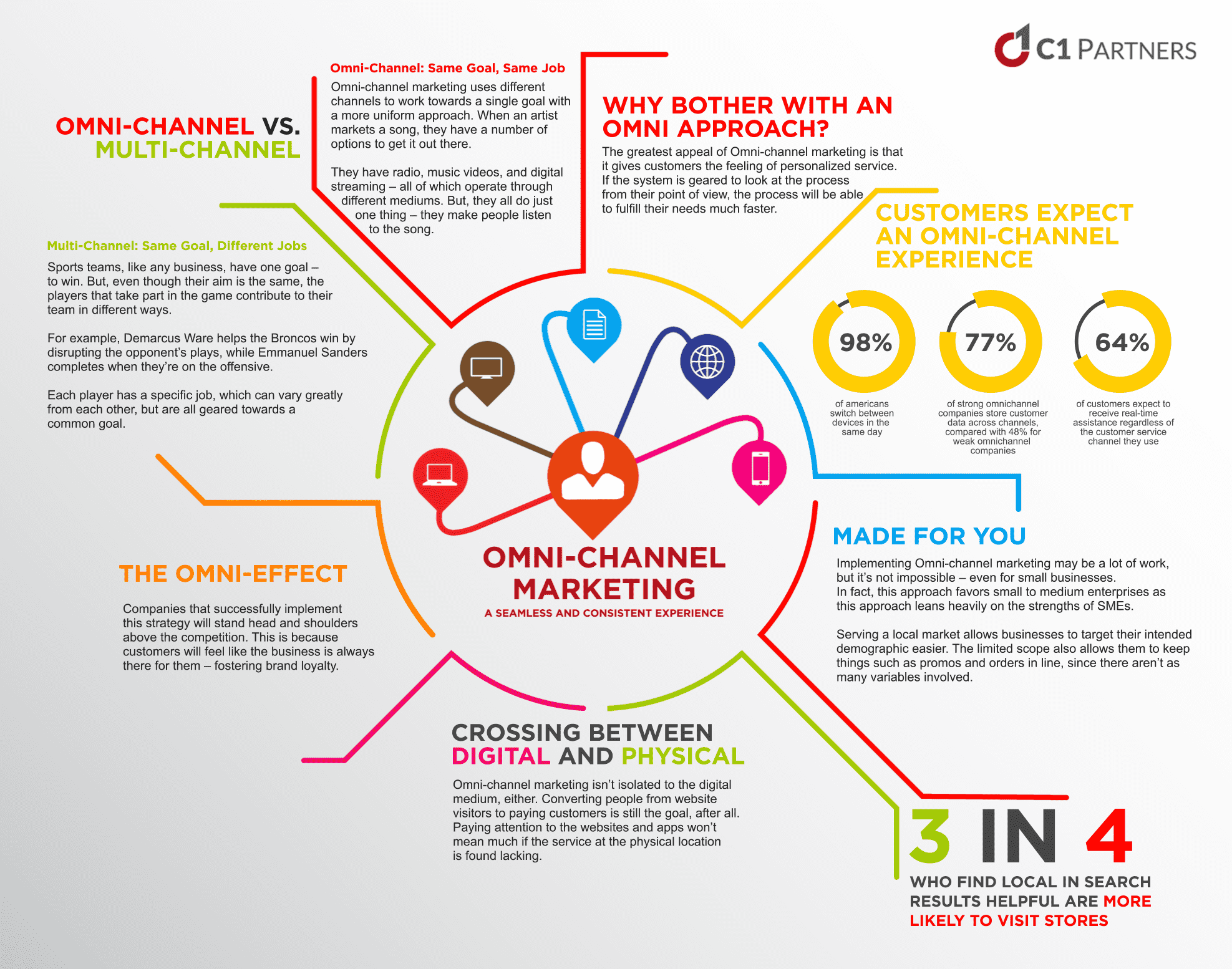DIGITAL MARKETING STRATEGIES
1. What is Digital Marketing?
Modern business strategies now heavily rely on digital marketing, which has completely changed how businesses interact with their target markets and advertise their goods and services. This introduction will give a general summary of what digital marketing is, how it has changed over time, and how important it is in today’s fast-paced corporate environment.
All marketing initiatives that reach out to and interact with potential customers online or through electronic devices fall under the umbrella of digital marketing. To connect businesses with their target audience, advertise their brand, products, or services, and encourage desired behaviours, such as sales, leads, or website visits, it makes use of a wide range of online channels, platforms, and technology.
DIGITAL MARKETING EVOLUTION
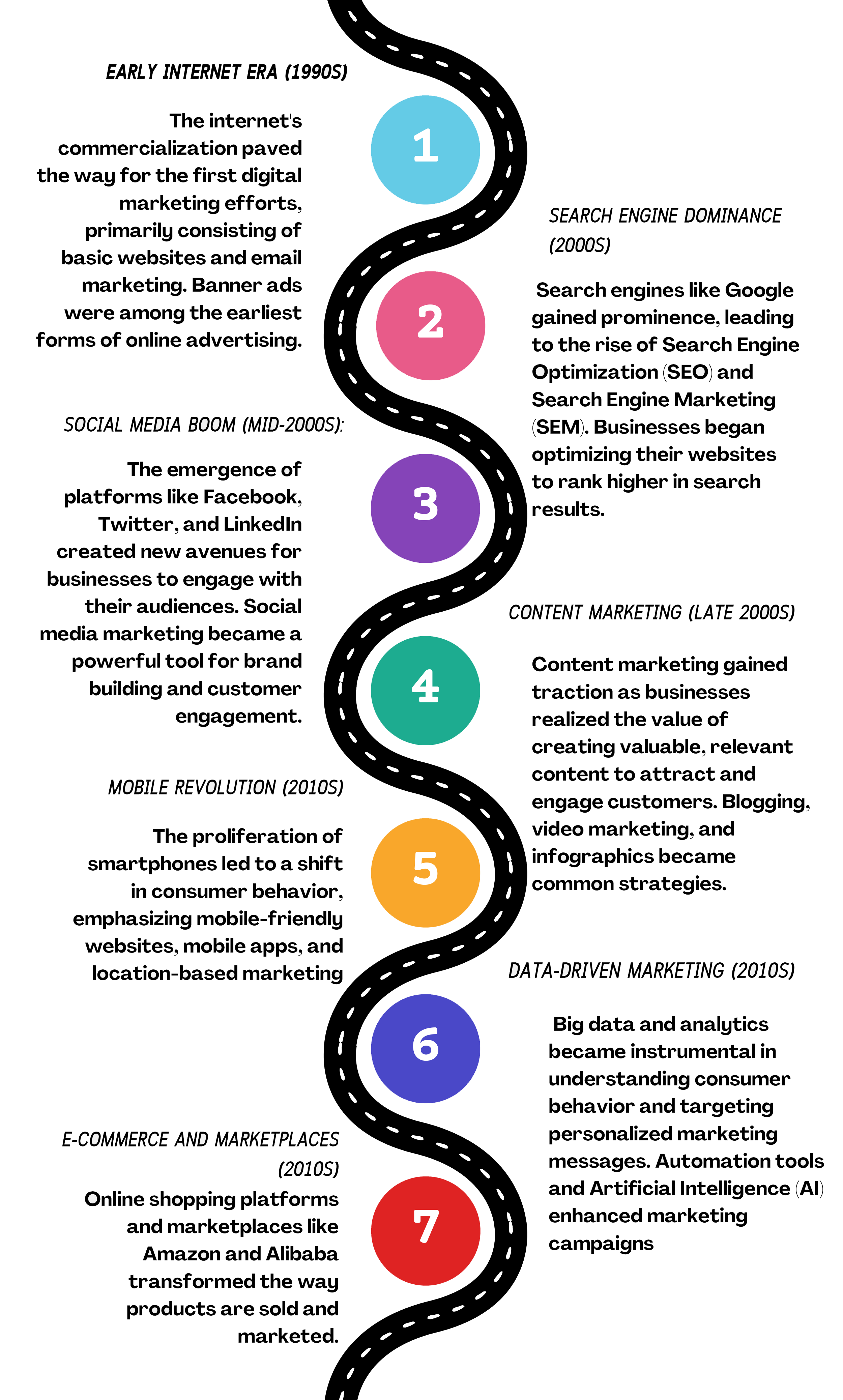
Due to a number of compelling benefits, digital marketing has developed into a crucial and essential pillar of today’s corporate landscape. Geographical boundaries have been broken down by the internet’s worldwide reach, enabling firms to expand their markets globally. This extraordinary reach enables businesses of all sizes to interact with a variety of global audiences and explore untapped markets. Furthermore, digital marketing offers the highest level of audience targeting accuracy. Businesses may carefully customise their marketing initiatives to target demographics using a variety of internet channels and tools, ensuring that their messages are understood by those who are most likely to convert. This increases the overall effectiveness of campaigns while also maximising the efficiency of marketing budgets.
The cost-effectiveness of digital marketing is another factor that contributes to its importance. Digital initiatives frequently show to be more cost-effective than traditional advertising strategies and provide observable and quantifiable results. Digital plans’ capacity to be adjusted in real-time enables companies to quickly fine-tune their strategies and maximise marketing efforts for the greatest results. Additionally, data-driven digital marketing offers insightful analysis on the effectiveness of campaigns, consumer behaviour, and new industry trends. With the help of this information, firms can make wise choices and continually hone their tactics for the best outcomes. In conclusion, digital marketing is a vital and enduring part of contemporary marketing strategies due to its capacity to interact with, engage, and convert clients as well as its affordability, adaptability, and data-driven approach.
2. Digital Marketing Channels
Digital marketing includes a wide range of tactics and platforms that companies employ to interact with their target markets and meet their marketing objectives. We’ll look at some of the most important digital marketing outlets here:
Social Media Marketing:
Businesses have the chance to interact with their audience on social media sites like Facebook, Instagram, Twitter, LinkedIn, and TikTok through organic postings, paid advertising, and influencer partnerships.
Increased brand visibility, direct customer engagement, cost-effective advertising options, flexible content distribution, real-time data analytics, user-generated content promotion, improved brand loyalty, insightful market research, a competitive edge, and a global audience reach are just a few of the advantages that social media marketing offers for businesses. Social media can be a potent weapon when used effectively to increase brand recognition, nurture customer relationships, increase conversions, and dominate the field of digital marketing.
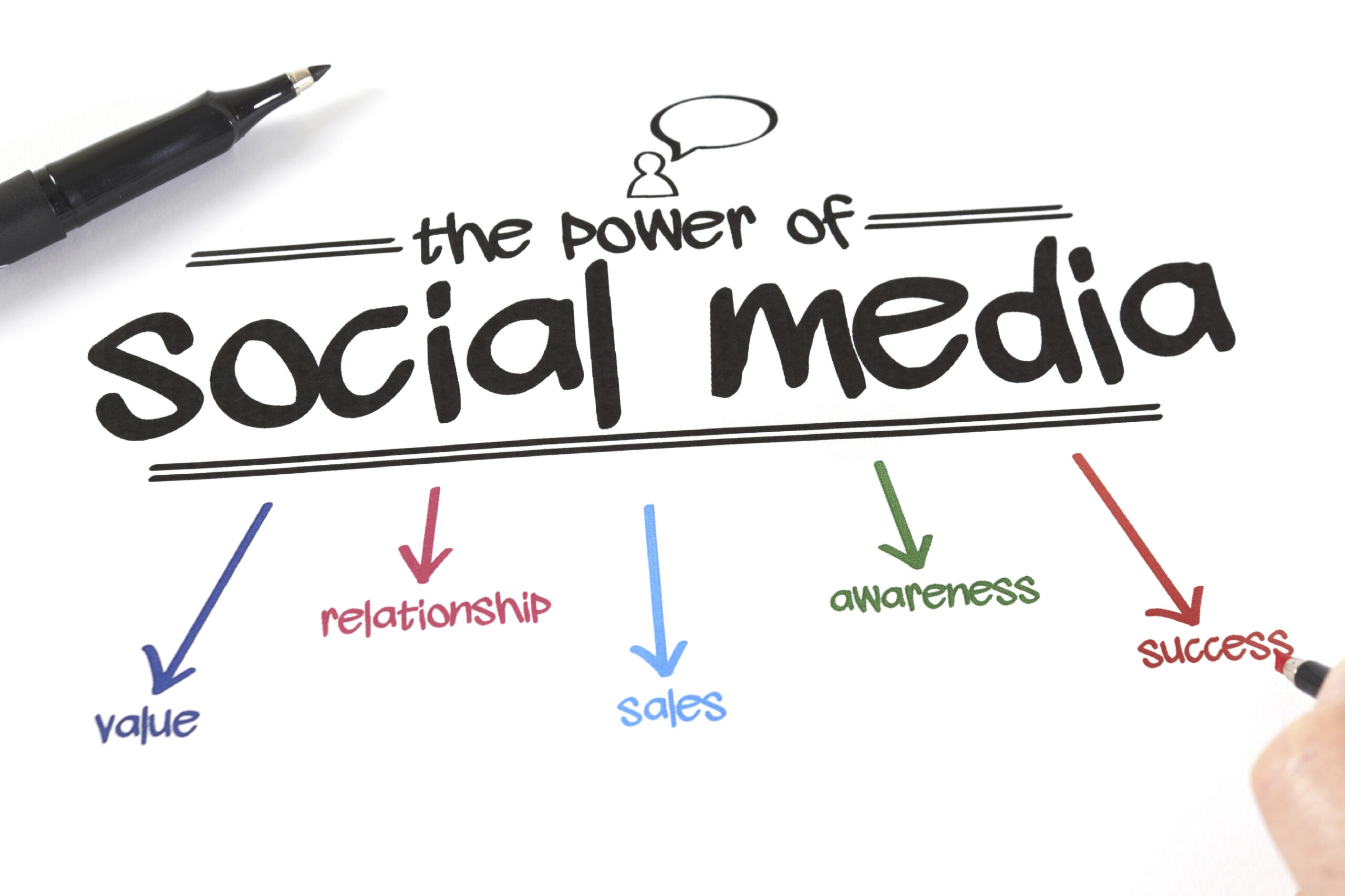

Email Marketing:
Sending targeted emails to a subscriber list is the practise of email marketing. Newsletters, advertisements, product updates, and personalised content can all be included in these emails.
Businesses can directly and affordably communicate with their audience through email marketing, building relationships and promoting conversions. It has the advantage of personalised communication, enabling customised messages to be sent to particular subscriber segments, which can greatly increase open rates and click-through rates. Email marketing also makes it possible to automate different marketing efforts, which saves time and work while ensuring outreach consistency. Businesses can monitor the effectiveness of their email marketing with the help of powerful analytics, collecting knowledge to continuously improve methods. Overall, email marketing is still an effective strategy for fostering customer loyalty, generating leads, and maximising return on investment.
Content Marketing:
The goal of content marketing is to draw in and hold the attention of a target audience by producing and distributing valuable, pertinent, and consistent material. This material may be presented as blog entries, films, infographics, ebooks, and other formats. For businesses, content marketing has a wide range of advantages. By giving the target audience useful and pertinent information, it acts as a potent weapon for developing brand authority and trust. A company’s website receives organic traffic from blog articles, videos, and infographics, which increases the site’s visibility on search engines. Furthermore, content marketing encourages continual interaction with the audience, developing client relationships, and promoting client loyalty. It helps companies to present themselves as subject matter experts by educating their clients. Additionally, content marketing is often shareable, which raises the possibility of viral publicity and brand exposure. Finally, businesses may use analytics to determine the success of their content marketing initiatives, allowing for data-driven adjustments and ongoing marketing strategy improvement.
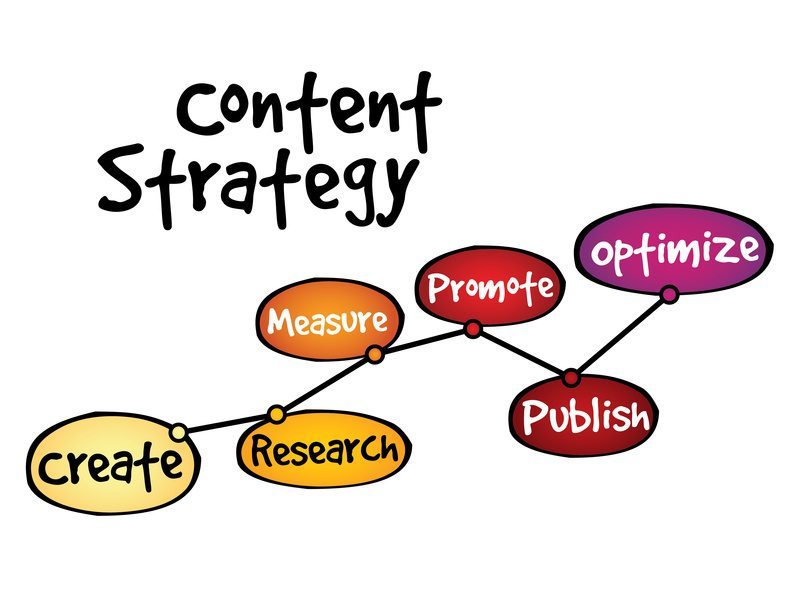
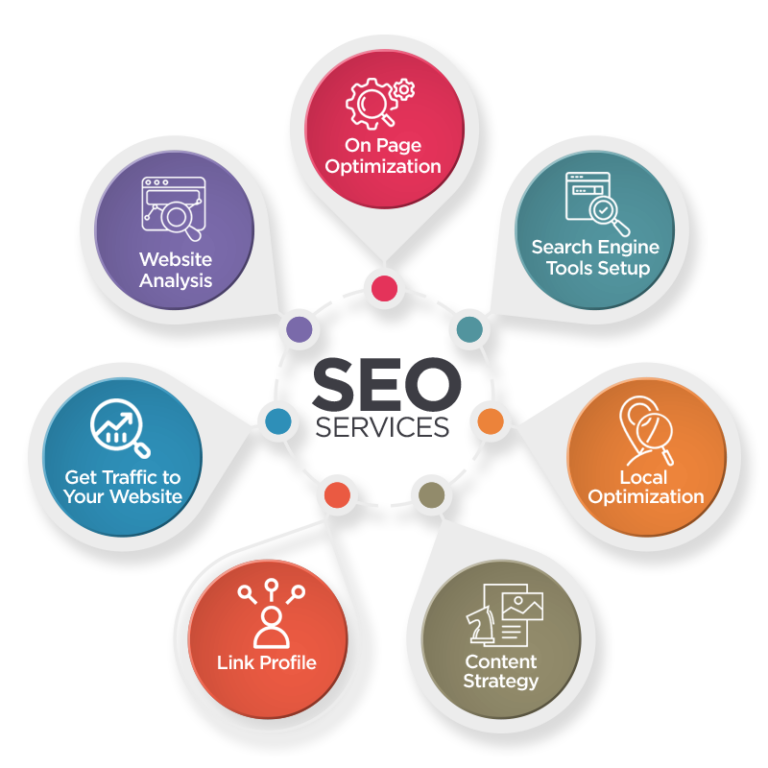
Content Marketing Search Engine Optimimizatio (SEO)
SEO refers to the process of improving the visibility of your website and online content in search engine results pages (SERPs). In addition to link development, technical SEO, on-page optimisation, and keyword research are all involved. Businesses can gain a variety of advantages from search engine optimisation (SEO), chief among them being a large increase in their online presence and organic search ranks. Search engine optimisation (SEO) increases the likelihood that a website will rank highly in search engine results pages (SERPs), increasing organic traffic and brand exposure. Additionally, SEO-driven traffic is frequently more focused, with people actively looking for information or products, leading to increased conversion rates. Additionally, SEO enhances user experience by speeding up websites, making them mobile-friendly, and making them more usable in general. Through analytics, it offers useful information that enables data-driven decision-making to continuously improve strategies and preserve a competitive edge in the digital environment. In essence, SEO is a crucial component of online success since it fosters organic growth and provides a high rate of return.
Search Engine Marketing (SEM)
Through the use of paid advertising, search engine marketing (SEM), a dynamic digital marketing strategy, tries to increase a website’s exposure in search engine results pages (SERPs). It entails keyword research, the development of potent ads, bid management, and exact targeting, enabling businesses to successfully reach their target demographic. SEM is an effective strategy for raising online exposure and promoting conversions since it provides quick results, a quantifiable return on investment (ROI), and the flexibility to manage costs. SEM helps organisations to optimise campaigns for improved performance, get a competitive edge, and compete successfully in the digital marketplace while delivering measurable and meaningful results thanks to its in-depth analytics and A/B testing capabilities.
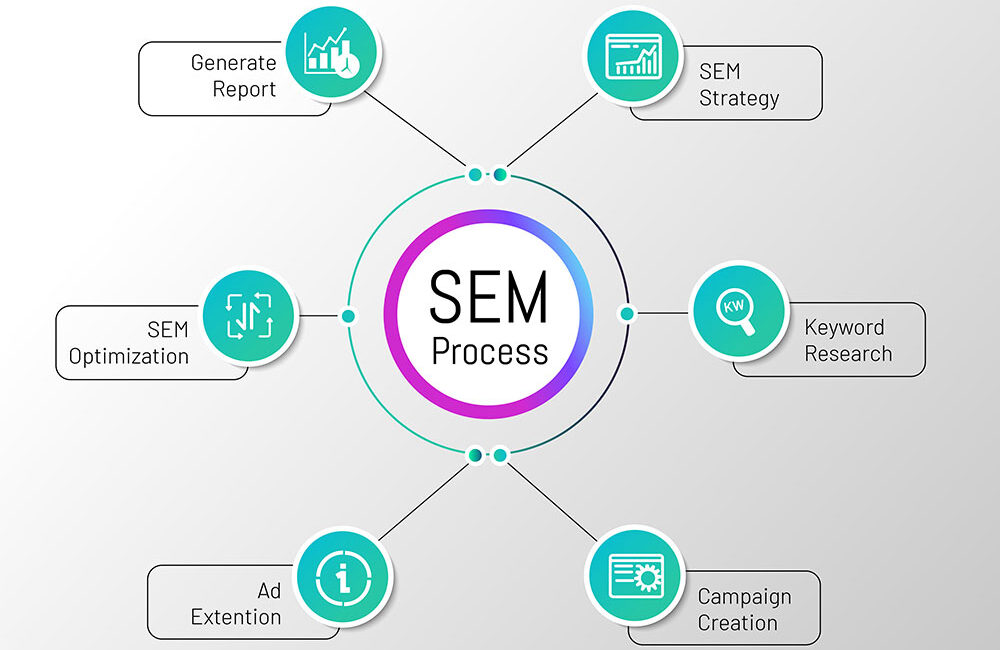
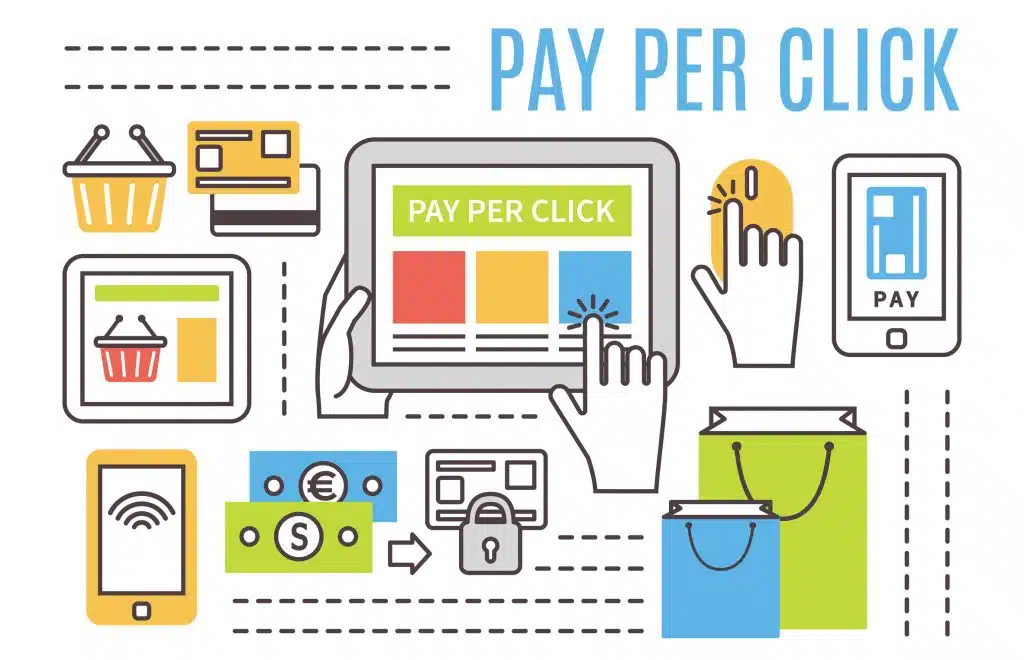
Pay-Per-Click Advertising (PPC):
In the pay-per-click (PPC) advertising model, marketers are charged a fee each time their ad is clicked. It’s a very powerful method of advertising goods, services, or content on websites like Google Ads and social media. Businesses can benefit greatly from pay-per-click (PPC) advertising because it provides immediate visibility, specific audience targeting, budget control, cost-effectiveness, and measurable results through advanced analytics. Because of its versatility, advertisements can be modified in real time to respond to shifting market circumstances. PPC increases brand awareness while also giving you a competitive edge by allowing you to bid on keywords that are pertinent to your sector. It is perfect for small businesses because it enables geo-targeting, remarketing opportunities, and highly targeted landing pages. PPC enables companies to achieve their marketing objectives to the fullest, from increasing traffic and conversions to enhancing brand recognition and preserving budget restraint, all while generating a significant return on investment.
Affiliate Marketing
A performance-based marketing technique called affiliate marketing pays partners (affiliates) for directing customers to a company’s website or generating sales there. Affiliates use a variety of online platforms to advertise the company’s goods or services, including websites, blogs, social media, and email marketing. It is a cost-effective approach for businesses to broaden their reach, boost sales, and penetrate new markets without having to pay upfront advertising expenditures because they receive fees for every conversion or action brought about by their referrals. Affiliate marketing is distinguished by its mutually beneficial nature, where businesses get access to a larger audience and affiliates are paid solely for genuine results.

3. Analytics and Data-Driven Decision-Making
Successful digital marketing strategies are built on the foundation of analytics and data-driven decision making. Utilising the data that businesses have access to in today’s digital environment can be a game-changer. Let’s discuss the value of data analytics in digital marketing and how software like Google Analytics may help campaigns be more effective.
Understanding The Audience: Data analytics offers insightful information about the demographics, behaviour, and preferences of your target audience. You can build extremely effective marketing strategies that speak to your audience and enhance engagement and conversions by analysing this data.
Tracking Key Performance Indicators (KPIs): You must monitor pertinent KPIs, such as website traffic, conversion rates, click-through rates, and return on investment (ROI), to assess the performance of your digital marketing initiatives. Real-time monitoring of key variables is made simple by tools like Google Analytics.
Optimizing Content: You can determine which content categories are most effective with your audience using data analytics. You may improve your content strategy by looking at which blog pieces, videos, or social media updates receive the most engagement so that you can create more of those.
Personalization: Personalization is an effective digital marketing strategy. You can segment your audience using data analytics based on their tastes and behaviour to give personalised information and offers. Higher conversion rates and greater client loyalty are frequently results of this personal touch.
A/B Testing: Two versions of a website, email, or advertisement are compared in A/B testing to see which one works better. You may set up, monitor, and analyse A/B testing with the use of data analytics tools, which enables you to make data-driven decisions regarding design, messaging, and other aspects.
Campaign Optimization: Digital marketing initiatives may be expensive, so it’s not ideal to spend money on ones that don’t work. With the aid of data analytics, you can determine which programmes are producing the best results and which ones require modification or should be abandoned.
Predictive Analytics: On the basis of past data, advanced analytics can even forecast future patterns and client behaviour. As a result, you may proactively modify your digital marketing tactics to beat the competition.
4. The Future of Digital Marketing
Artificial Intelligence (AI)
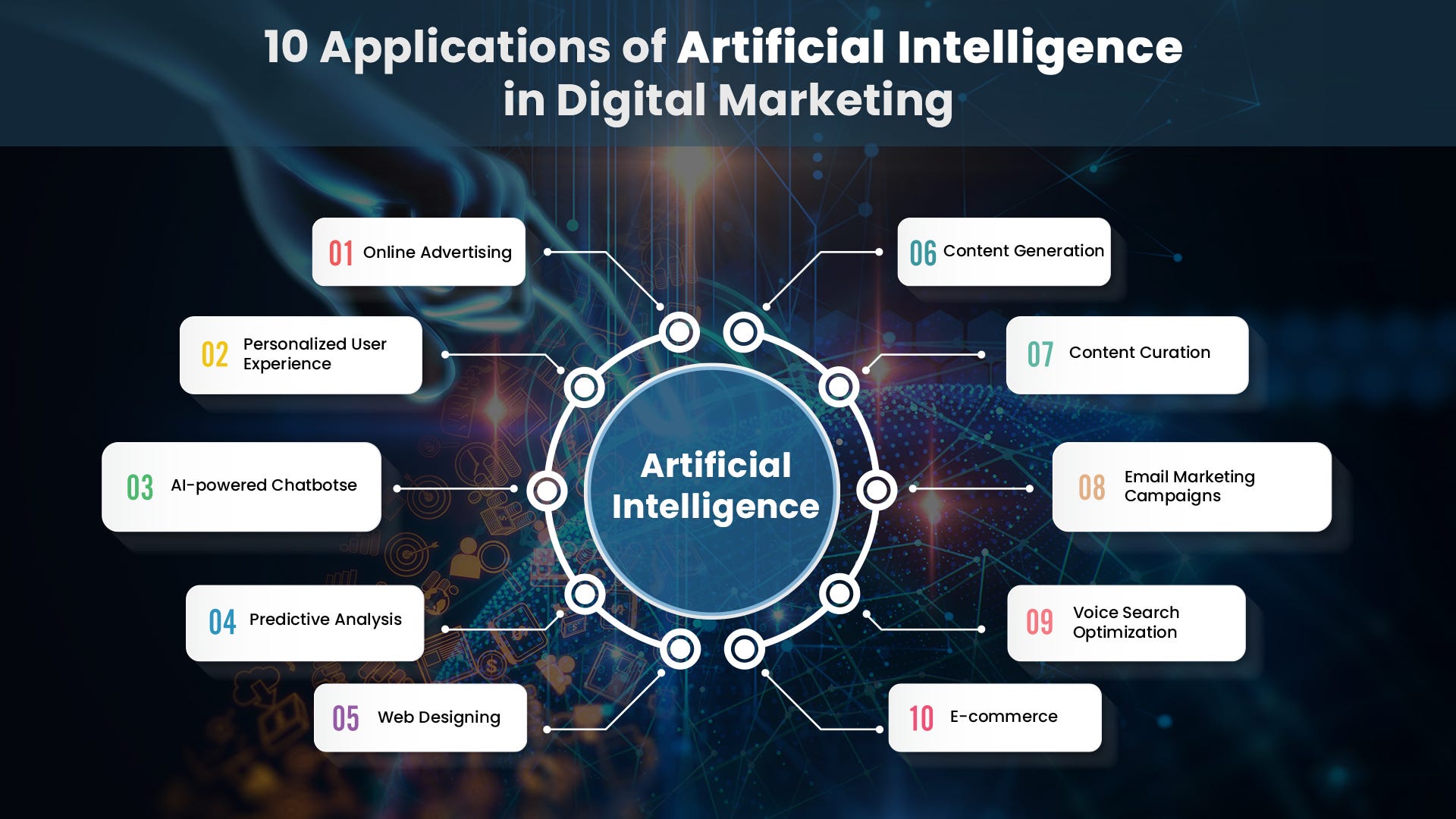
Artificial intelligence (AI) has completely changed the marketing industry by enabling effective tools and capabilities that increase campaign effectiveness across the board. One of the main advantages of AI in marketing is its capacity to quickly and accurately analyse enormous amounts of data. AI-driven algorithms can analyse user behaviour on websites, social media interactions, and other data to find patterns and insights that people would overlook. A better ROI and improved customer experiences are the end results of this data analysis, which equips marketers to make data-driven decisions, personalise marketing messages, and optimise campaigns in real time.
Additionally, AI makes predictive analytics possible, assisting marketers in foreseeing client demands and behaviour. Artificial intelligence (AI) can foresee trends and identify prospective opportunities or obstacles in the market by analysing historical data and utilising machine learning algorithms. This foresight enables marketers to proactively modify their approaches and gain an advantage over rivals. Additionally, AI powers chatbots and virtual assistants, which offer round-the-clock customer service, automate repetitive chores, and improve the entire customer experience. To put it simply, AI gives marketers the tools they need to work smarter—not harder—leading to more productive operations, higher conversion rates, and a better understanding of their target demographic.
Voice Search Optimization
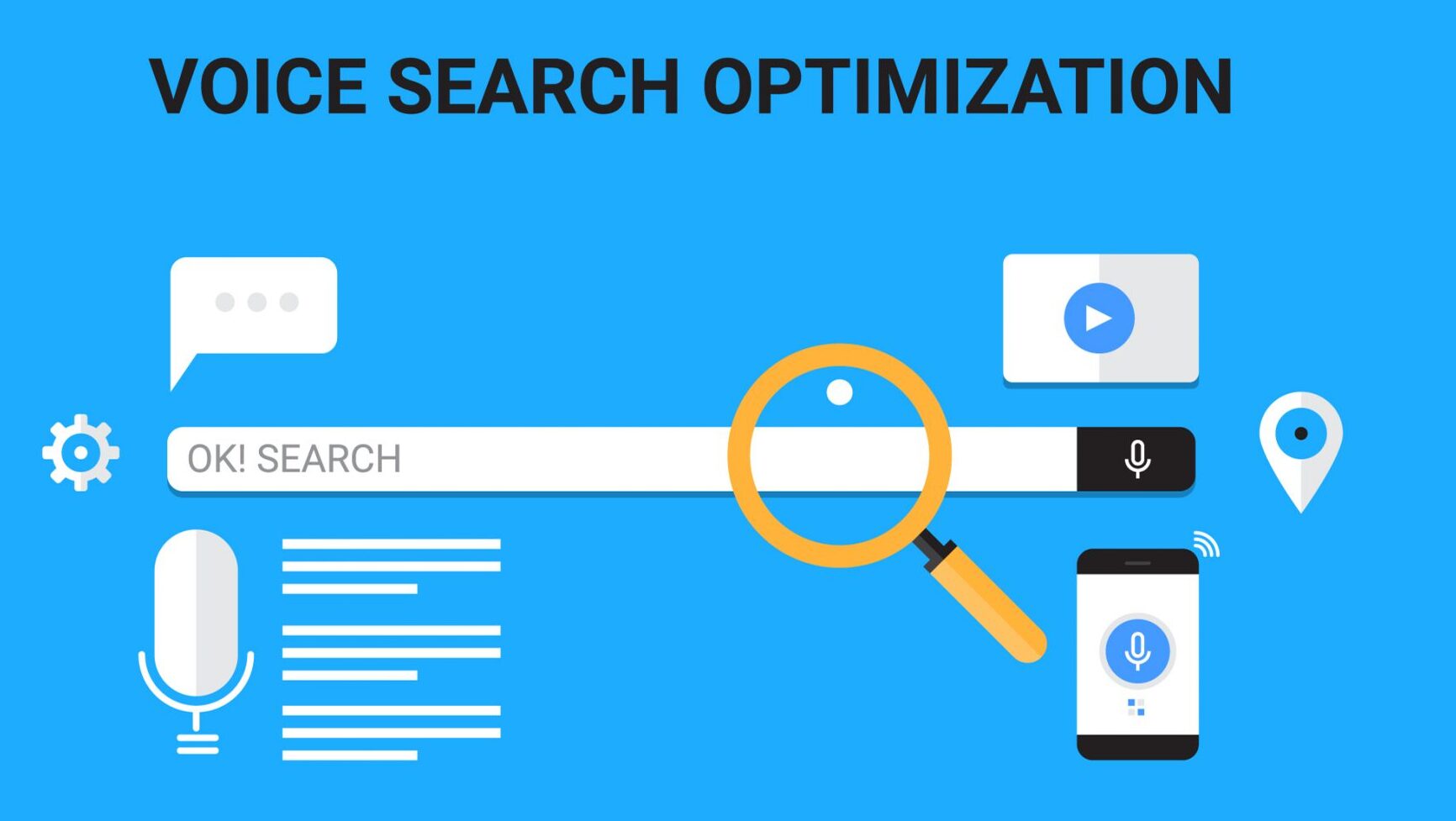
As speech-activated devices and virtual assistants become more prevalent in our daily lives, voice search optimisation is set to play a significant role in the future of marketing. The capacity of voice search optimisation to adapt to changing customer behaviour is its main advantage. Businesses that modify their digital marketing strategy to accommodate natural language queries might gain a competitive edge as more people use speech-activated devices like smart speakers and voice assistants on their smartphones. By making their content discoverable and pertinent to people who are using voice commands to find information, brands may increase their exposure in search results and generate organic traffic.
The user experience can also be improved through voice search optimisation, increasing engagement and loyalty. When using voice search, customers frequently anticipate clear, concise responses to their questions. Marketers who deliver precise and worthwhile information with voice-optimized content can gain the audience’s trust. Additionally, because voice search frequently results in local searches, companies can gain from an increase in foot traffic and conversions, particularly if they optimise for local SEO, making their physical locations more accessible to prospective customers using voice commands. In conclusion, voice search optimisation promotes a better user experience, more visibility, and ultimately, growth and consumer happiness for brands in the ever-changing digital market.
Influencer Marketing Evolution:

Given a number of important trends and advantages, influencer marketing is anticipated to continue evolving in the years to come. First, rather than functioning as a distinct entity, influencer marketing is expected to become more integrated into overall marketing efforts. This implies that companies will strategically work with influencers in order to connect their alliances with their values, target market, and narrative approach. Micro and nano-influencers, who have smaller, more specialised followings but greater engagement rates, will become more prevalent as the influencer landscape changes, allowing brands to better connect with and reach highly specialised audiences.
Developing trust and authenticity is one of the main advantages of influencer marketing’s progression. Consumers are growing more discriminating as they look for true relationships and authentic brand experiences. Because influencers are frequently perceived as personable and reliable individuals, well-executed influencer collaborations can offer this authenticity. Brands can harness the reputation and reach of influencers to successfully deliver their message and forge closer connections with their target audience as influencer partnerships become more strategic and centred on shared values. Influencer marketing also enables businesses to draw on the knowledge and originality of the influencers, creating new and engaging content that ultimately increases sales and brand recognition.
Omnichannel Marketing:
